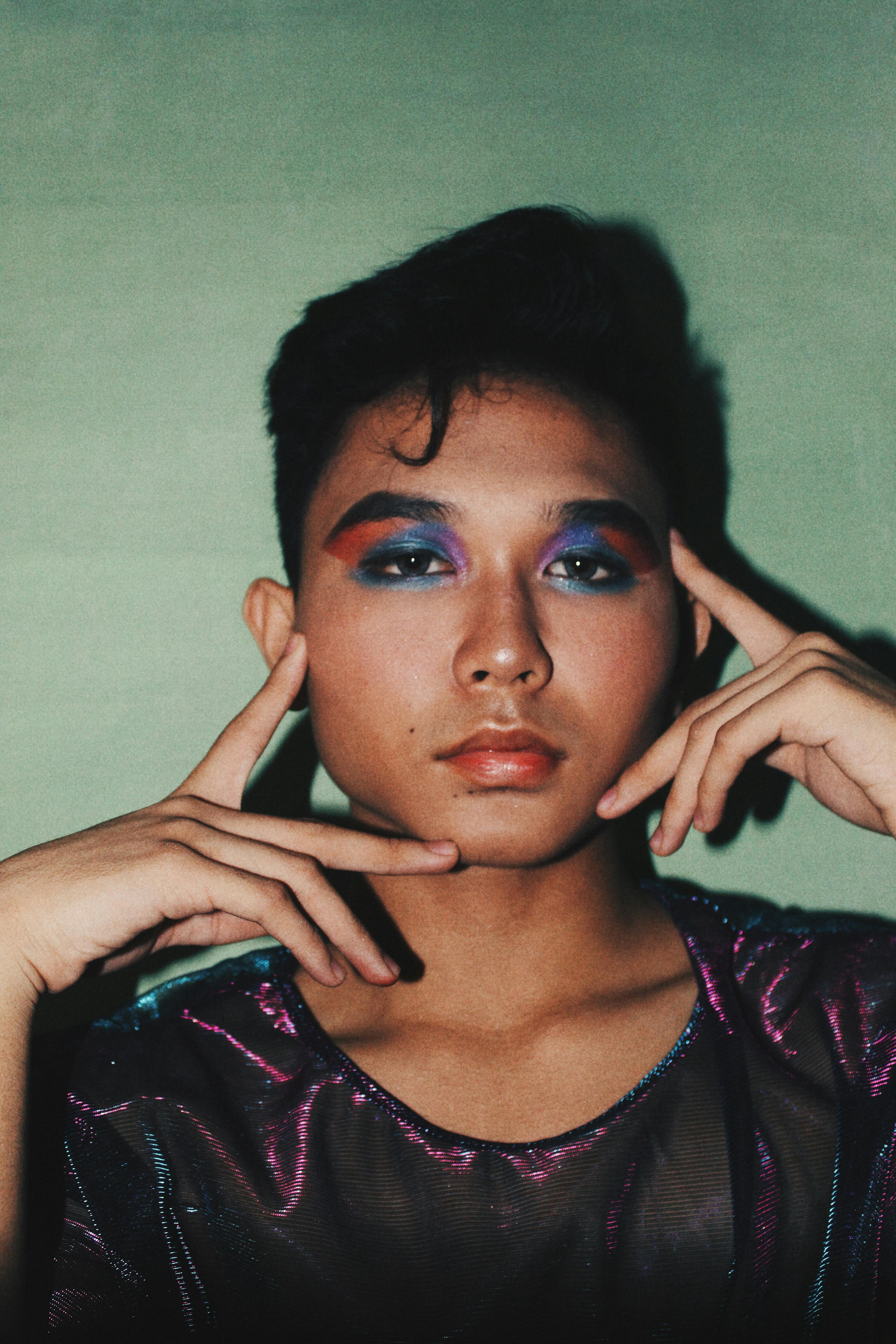The Power of Perfume: A Journey through Scent and Beauty
In the vast and diverse world of beauty, few elements hold as much mystique and allure as perfume. This potent elixir, often contained in exquisitely crafted bottles, tells a story that language cannot fully capture. It seduces, provokes, and comforts, evoking memories, emotions, and desires. Perfume is more than just a beauty product; it is a powerful tool of expression and an art form in its own right. The history of perfume is as rich and captivating as the scents it encompasses, tracing back to the dawn of civilization and evolving throughout the centuries to reflect changing tastes, trends, and cultural shifts.

The Origins of Perfume
The story of perfume begins in ancient times, where it played a crucial role in religious ceremonies, burial rituals, and daily life. The word ‘perfume’ itself comes from the Latin ‘per fumus’, which means ‘through smoke’, reflecting its origins in incense used in sacred rites. In ancient Egypt, perfume was considered a gift from the gods, used to cleanse the body and soul and to communicate with the divine. The Greeks and Romans also held perfume in high esteem, using it not only for religious purposes but also for personal grooming and in public baths.
The Middle Ages and the Renaissance: A Shift in Scent
During the Middle Ages and the Renaissance, perfume began to take on a more secular role. The Arab world, with its advanced knowledge of chemistry and access to a wide variety of spices and plant extracts, played a pivotal role in this transformation. The art of distillation, perfected by Arab chemists, allowed for the creation of more concentrated and complex perfumes.
In Europe, this period saw the rise of ‘courtesan perfumes’ – potent concoctions worn by high-ranking women to signify their status and allure. Perfume also served practical purposes, used as a means to mask the odors of a time when personal hygiene was not as it is today.
The Modern Era: Perfume as an Accessible Luxury
With the advent of the industrial revolution in the 19th century, perfume underwent yet another transformation. The development of synthetic compounds expanded the range of scents available and made perfume more affordable and accessible to the general public. This period also saw the birth of signature scents, and the concept of perfume as a personal statement, rather than just a luxury item, began to take hold.
In the 20th century, the art of perfumery reached new heights. Visionary noses created iconic fragrances such as Chanel No. 5 and Dior’s J’adore, while perfume houses like Guerlain and Estée Lauder became synonymous with elegance and sophistication.
Contemporary Trends: The Rise of Niche and Artisanal Perfumes
In recent years, the perfume industry has seen a resurgence of interest in niche and artisanal perfumes. These small-batch fragrances, often created by independent perfumers, offer unique and unconventional scent profiles that contrast with the more mainstream offerings. They reflect a growing desire among consumers for individuality and authenticity, as well as an appreciation for the craft and creativity involved in perfume-making.
The Impact and Reception of Perfume
Perfume has a profound impact on how we perceive ourselves and others. It can enhance our mood, boost our confidence, and help us express our personality. On a societal level, the use of perfume can reflect cultural values and trends, and its portrayal in media and popular culture can influence public perception and behavior.
Despite its ubiquity, perfume is often misunderstood and underappreciated. Some view it as a frivolous luxury, while others dismiss it as a mere beauty product. Yet, as this brief journey through its history and evolution shows, perfume is much more than that. It is a testament to human creativity and ingenuity, a sensory experience that transcends the boundaries of language and culture, and a powerful expression of beauty in its most intangible form.




